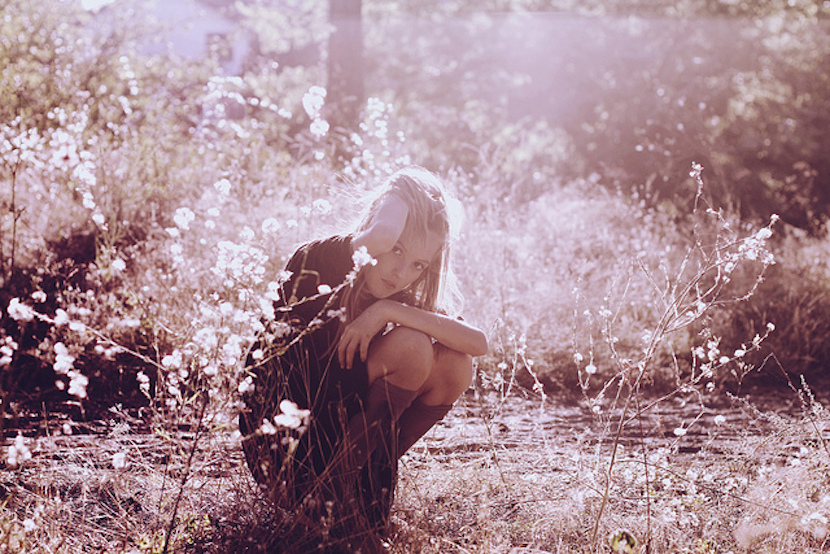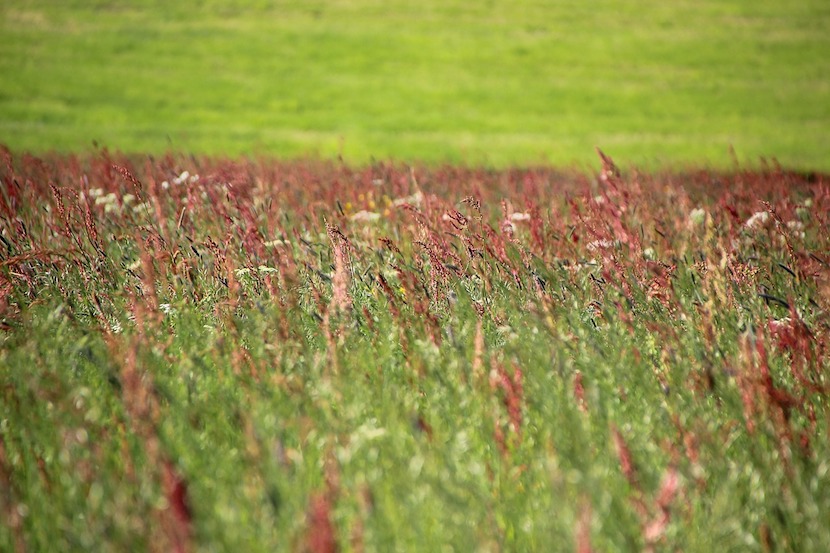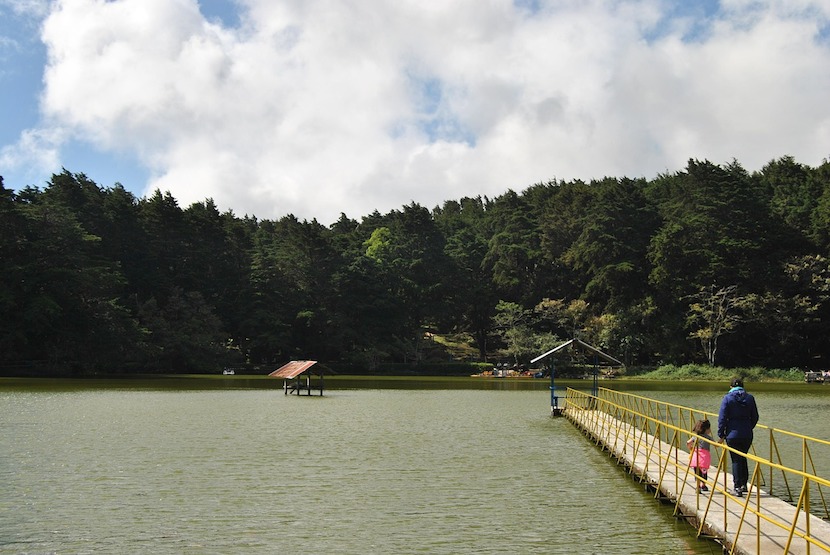
Allergists have already warned that it would be a difficult spring when it comes to allergies, because the forecasts pointed to that the amount of grains per cubic meter in the atmosphere would be high. These types of allergies affect millions of people around the world, many of whom are children.
What happens is that today the concept of seasonal allergies is no longer valid, since pollen from trees, herbs and flowers is being released into the atmosphere throughout the year, there are also more allergy sufferers.
We are talking about environmental allergies, and they are not only to pollen, mites also do their own thing
An allergy consists of an immune response to substances that a priori would not be harmful, and reach the body by inhalation of the same (pollen grains). It is the person's immune system that reacts wrongly. Among the child population, food is very widespread; and yet the frequency of environmental allergies of plant origin is growing.
How to recognize the allergic reaction?
The main symptoms are runny nose or mucus (with sneezing), itchy watery eyes, pruritus (itching) of the nose, mouth, throat, or skin; and others such as cough, hives, diarrhea, headache ...
In the most severe cases the reaction is associated with asthma, and causes wheezing in the bronchi. Symptoms of an allergy they are very persistent, contrary to what happens with a cold that after a few days, and after overcoming fever, malaise, etc., disappears.
In the event of suspicion on the part of the parents or pediatrician, a referral should be made to the allergist who will carry out the corresponding skin tests and blood tests. Sometimes provocation is also carried out with the offending allergen.
In allergy sufferers, once the immune system is able to recognize the substance, all subsequent exposures may cause symptoms: cells release histamine and cause discomfort.
Do not trivialize allergies, they are a major public health problem; In fact, the French National Agency for Food, Environment and Occupational Health Safety, estimates that 'respiratory allergies' (including environmental allergies), have doubled in just 20 years
Prevention as a defensive 'weapon'
It is known to all the recommendation to avoid exposure to the allergen, although this can be very difficult at times (you will see below that such advice can be questioned). Of course, the cause must first be known, for this the intervention of the specialist doctor is decisive, as I have commented above.
The Spanish Society of Allergology and Clinical Immunology has developed This application to know the pollen count according to our area of residence, and to be able to better plan outings. More useful is still Pollen Alert for mobile devices. Daily life, however, involves small trips, so it is possible there are doctors who recommend immunotherapy.
I also tell you that the worst hours They are usually the first in the morning and last in the afternoonIf the day is also very windy, the risk increases. There are cases in which, due to the severity, the use of masks will be recommended.
More things you can do:
The hygiene hypothesis
Developed since 1989, and now under constant evaluation, this guidance indicates that there are highly recommended hygiene practices (hand washing); and yet We must not exaggerate the protection of children by avoiding any contact with the natural environment. At this point, balance is necessary by improving natural experiences, unless they tell you otherwise (for example, they tell you not to expose yourself to this or that variety of pollen).
In addition, it is advisable to maintain a good level of physical exercise (favors the immune system), and the diet is balanced
As you already know, nowadays your allergic child can be prescribed medications to combat symptoms: attention to dosage and other instructions. Always ask yourself what else you can do for your children in question and allergies, without affecting your overall health; when necessary, seek more than one medical opinion.
Image - Reka Vajda


